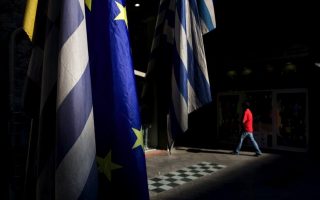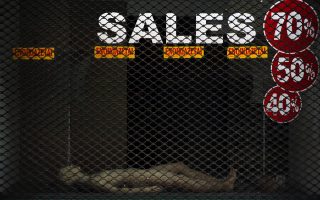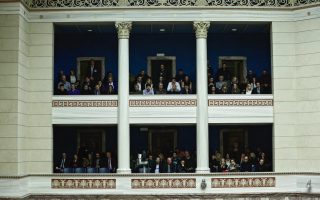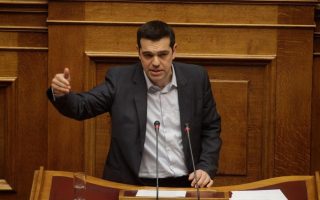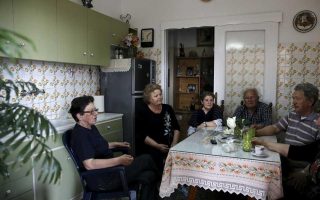The wolf, the sheep and a bale of hay
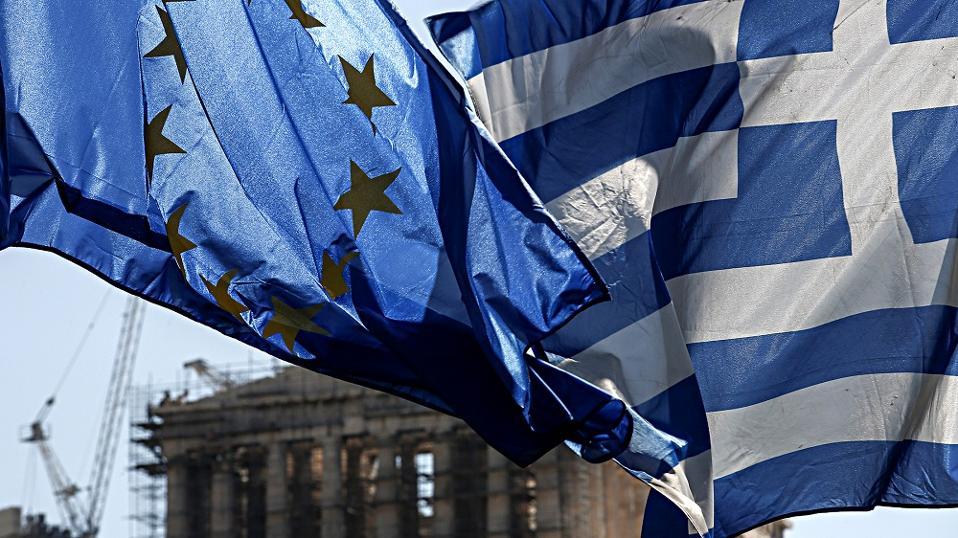
The relationship between Greece, the International Monetary Fund and European Union institutions has begun to resemble the puzzle where we have to figure out how to ferry a wolf, a sheep and a bale of hay across a river without providing the opportunity for anything to be eaten. The tension between Greece and the IMF, between the IMF and EU institutions, and between Greece and its European partners and institutions shows that in this case we do not have the equivalent of the shepherd who will guide them all to a positive outcome.
The three protagonists of today’s drama have taken different stands on three very important issues; on each subject, two agree and one disagrees, with the result that no one can move forward or back down. No one gets what they want and domestic pressures prohibit them from retreating. The three issues are: the need for debt relief for Greece; the need for further reforms and more austerity; and the moral hazard posed by any easing of the burden shouldered by the Greeks.
The IMF advocates debt relief. But because it cannot accept a loss on money provided by its member-states, it calls on the European institutions (and European taxpayers) to lose part of what they loaned Greece. If there is no debt relief, it sees the need for more reforms and austerity. The Greek government, naturally, wants debt relief but no new austerity. The EU institutions do not want debt relief and they do want Greece to implement more reforms and other measures. The IMF does not seem to consider the issue of moral hazard – nor does Greece, where the concept is foreign and the customary way of dealing with problems is either by letting them fester or through political intervention. For our European creditors, however, it is a huge issue, with German Finance Minister Wolfgang Schaeuble maintaining that if Greece is granted debt relief it will not carry out necessary reforms.
So we are at a dead end. Greece’s government must appease its voters, who are already angry at its broken promises. But if there is no agreement with creditors, we will not have the stability necessary for economic revival. The European institutions, also, are accountable to EU member-states – whose governments are in no mood to suggest to voters that they forgive Greek debts.
Neither the Greek government nor our creditors can cross the river which, in this case, is the positive evaluation that would allow the bailout program to continue. So we have more tension, more potential problems on each player’s domestic front. In the riddle, a good shepherd finds a clever solution, where the sheep does not eat the hay and is not eaten by the wolf. In reality there is no such shepherd. Only wolves, sheep and hay – which must solve their own problems. And there is the river which, at some point, all must cross.
